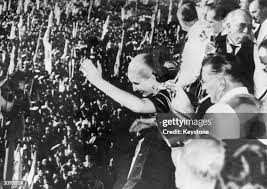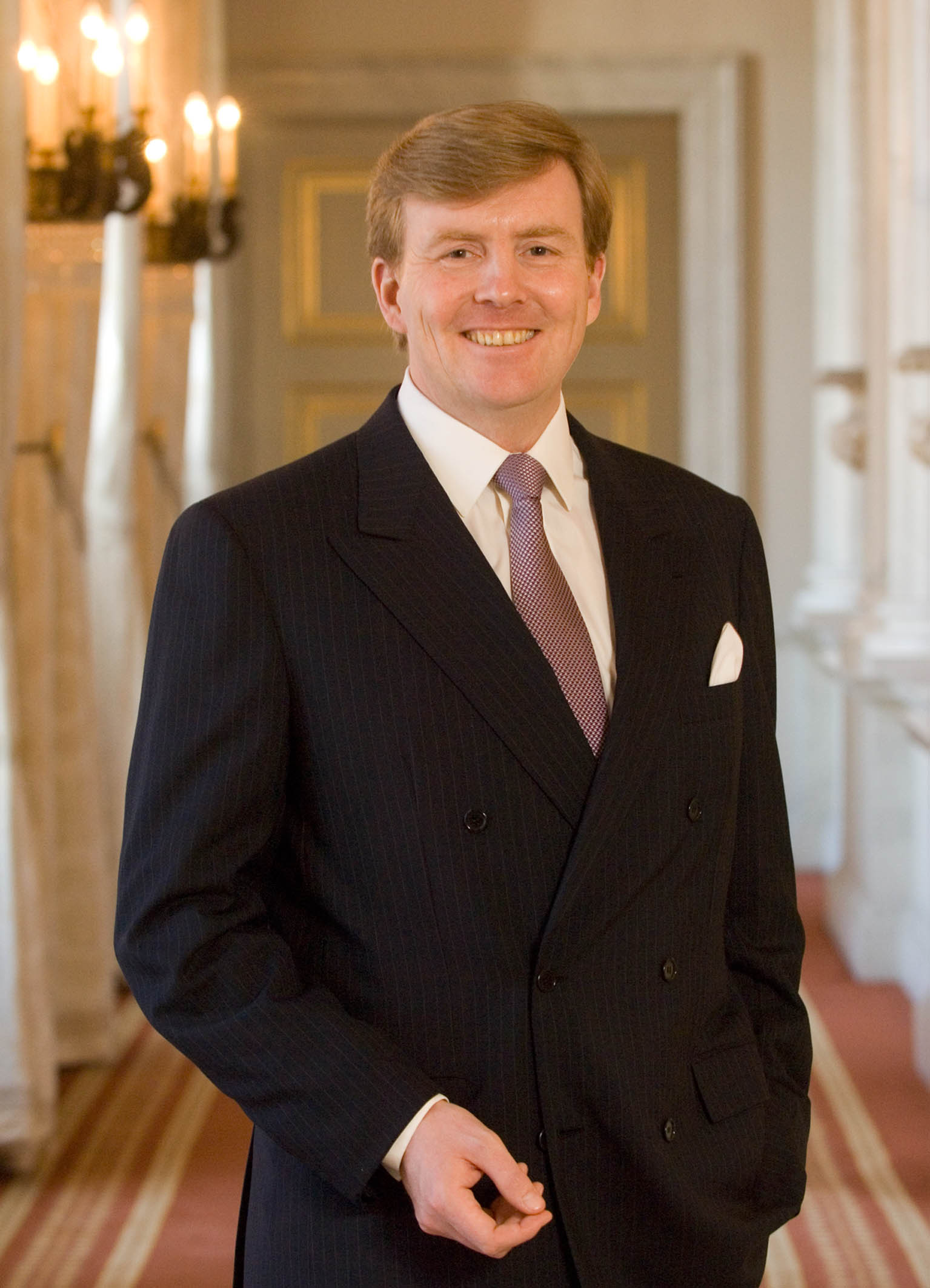
Introduction
Eva Peron, known affectionately as Evita, is a figure whose influence transcends time and borders. As the First Lady of Argentina from 1946 until her death in 1952, she played a pivotal role in advocating for women’s rights and the impoverished. Her legacy remains relevant today as her impact can be seen in contemporary social movements and gender equality discussions.
Early Life and Rise to Prominence
Born on May 7, 1919, in rural Argentina, Eva Duarte came from humble beginnings. After moving to Buenos Aires at the age of 15 to pursue a career in acting, she quickly gained popularity in radio and film. It was during an earthquake relief event in 1944 that she met Colonel Juan Domingo Peron, who would later become her husband and the President of Argentina.
Pivotal Role as First Lady
Upon Peron’s election in 1946, Eva embraced her role as First Lady. She became a dynamic advocate for labour rights, women’s suffrage, and social welfare. Through her work with the Eva Perón Foundation, she provided aid to the needy, built schools, hospitals, and orphanages, which earned her an enduring place in the hearts of the Argentine people. Her efforts culminated in women gaining the right to vote in Argentina in 1947, a significant milestone in the country’s history.
Cultural Impact and Icon Status
Beyond her political achievements, Evita became a cultural icon. Her life story has been immortalised in musicals and films, with Andrew Lloyd Webber and Tim Rice’s “Evita” bringing her ethos to a global audience. The phrase ‘Peronism’, associated with both Eva and Juan, still influences the political landscape of Argentina.
Conclusion
Eva Peron’s life was marked by passion, resilience, and a powerful connection with the Argentinian people. Her dedication to social justice and women’s rights has inspired generations. As discussions around equality continue across the globe, Eva Peron remains a symbol of hope and empowerment. Her legacy urges us to consider the importance of advocacy in our efforts to create a more equitable society. In commemorating her contributions, we honour a trailblazer who championed the rights of the disenfranchised and paved the way for future leaders.
You may also like

The Important Role of Government in Modern Society

The Royal Opera House: A Jewel in London’s Cultural Landscape

Remembering Matthew Perry: A Look at His Life and Legacy
SEARCH
LAST NEWS
- Remembering Wendy Richard: The Promise to Co-Star Natalie Cassidy
- How Did Anglian Water Achieve an ‘Essentials’ Rating for Mental Health Accessibility?
- Shai Hope Leads West Indies in T20 World Cup Clash Against South Africa
- What We Know About Weston McKennie: Future at Juventus and Past at Leeds
- What We Know About the Upcoming Live Nation Antitrust Trial